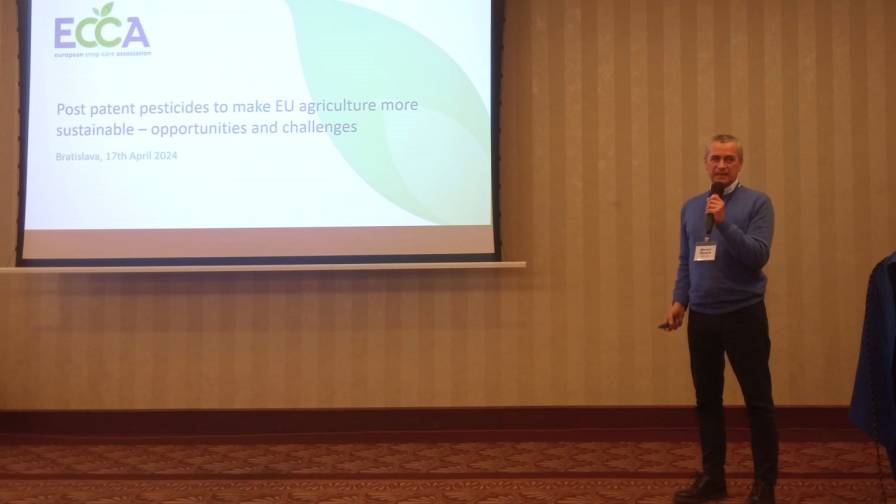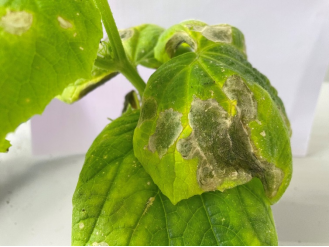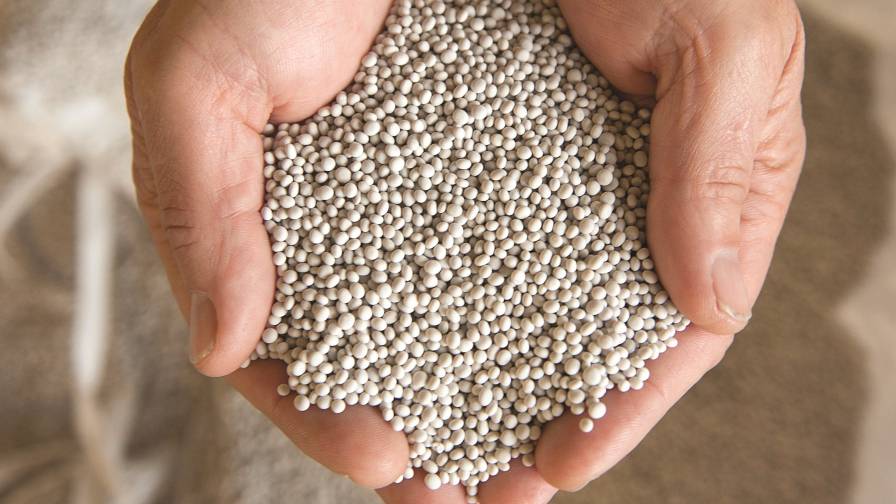Supply Chain: Hoping for Smoother Sailing in 2023
If there was one reliable news headline throughout 2022, it was the unreliability of the transportation network, especially for waterborne cargo, writes Lara Sowinski at CropLife. From bulk agricultural commodities to parts and equipment and raw materials, no sector has successfully evaded delays or disruptions this past year, or for that matter, the previous two-and-a-half years.
Are we likely to see improvements in 2023? In my opinion, not much.
While consumer demand and spending has eased sharply due to inflation, chronic issues in the transportation industry related to labor (including contract negotiations, worker shortages), geopolitics, and systemic challenges such as import/export imbalances and the effect on capacity and equipment availability, aren’t going away anytime soon.
As of mid-November, contract negotiations remain stalled between the International Longshore and Warehouse Union (ILWU) and the Pacific Maritime Association (PMA), which represents waterfront employers along the U.S. West Coast from Canada to Mexico.
The most recent contract expired in July, and while negotiations for a new contract kicked off in May, thus far there’s been little progress on hammering out a new agreement. Like previous contract negotiations between the two parties, one of the biggest sticking points remains automation. This is a perennial tug-of-war between the ILWU and PMA.
Every week that passes without a contract agreement adds to shippers’ worries, some of whom have already diverted imports to ports along the U.S. East and Gulf coasts, when feasible.
Overseas ports are also seeing slowdowns and strikes by longshore workers, including the UK’s Port of Felixstowe — the country’s largest container port — and Belgium’s Port of Antwerp.
Meanwhile, major Chinese ports, including Shanghai and Ningbo, experienced closures due to COVID-19 outbreaks, while a closure at Guangzhou seemed likely before the end of November.





